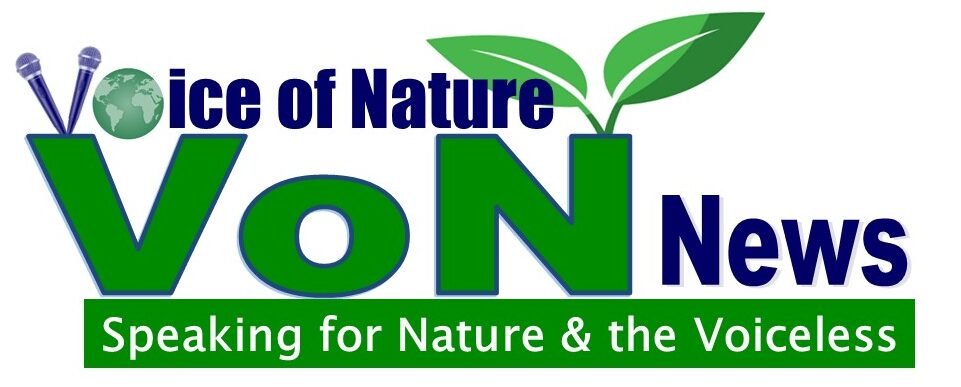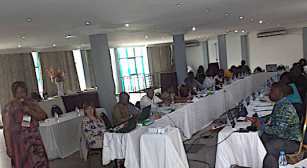
The Ministry of Environment, Protection of Nature and Sustainable Development (MINEPDED) has established a national communication strategy for the Access and Benefit Sharing (ABS) principle in Cameroon. The draft communication strategy was validated during a two-day workshop in Douala, September 13 & 14, 2018, pending some corrections.
Organised under the auspices of the Minister of the Environment, Protection of Nature and Sustainable Development, represented by ABS National Focal Point, Mrs. DINGOM Aurélie Taylor, the workshop brought together media practitioners/communication experts, MINEPDED staff and partners involved in ABS implementation in Cameroon.
Speaking during the validation workshop, the ABS National Focal Point situated the place of communication in the implementation of ABS in Cameroon. “Communication is very important to keep all stakeholders in the implementation of ABS informed on what everybody body is doing through fliers, radio, TV and the social media amongst others. We needed to communicate about ABS and to do this successfully, there is need for a communication plan,” she hinted.
It was against this backdrop that the Cameroon Government, through its technical ministry (MINEPDED) and with the support of GIZ, hired an international consultant, who developed a communication strategy that will fill in the ABS communication in gap in the country. Participants during the two-day workshop therefore reviewed the draft communication strategy making necessary recommendations for amelioration of the national communication strategy.
The review culminated in the validation of the draft ABS communication strategy presented pending some corrections. Meanwhile the National ABS Focal Point implored implored the press to assist in implementing the communication plan so more Cameroonians can be informed about ABS and the process in Cameroon.
The elaboration of a national communication strategy to communicators at the workshop, is coming at an opportune moment. “I think the communication strategy is timely. Though a law is still to be enacted on ABS, people need to know what is being done to be able to bring in others not yet involved in the project so it can have a maximum stakeholders participation for the success of the process and Cameroon as a country. This necessary to tell the world what we are doing,” Emmanuel Nchamukong, member of ABS Task Force at MINEPDED cum communication expert opined.
Corroborating Mr. Nchamukong, Environnent & business communication consultant, Gabin NGUIDJOL, said the communication strategy is necessary for effective communication with local communities, who are key actors in the ABS process. She however, hoped that the strategy doesn’t end in the shelves like others in the country. “I hope that all activities will be implemented because many strategies are developed in our country but because of lack of financial resources, they end up not being implemented,” she advised.
Access and Benefit Sharing (ABS) is an international and national regulation of access to and use of genetic resources and related traditional knowledge, and the sharing of benefits stemming from this use between providers and users. This mechanism is governed by three international regulations including the Convention on Biological Diversity and the Nagoya Protocol, which Cameroon adopted in 1994 and 2014 respectively. The pilot ABS projects in Cameroon are being facilitated by the Environment and Rural Development Foundation (ERuDeF) in the Lebialem Division of Cameroon, with focus on the Echinops giganteus and Mondia Whitei plants
By B. Shancho Ndimuh







